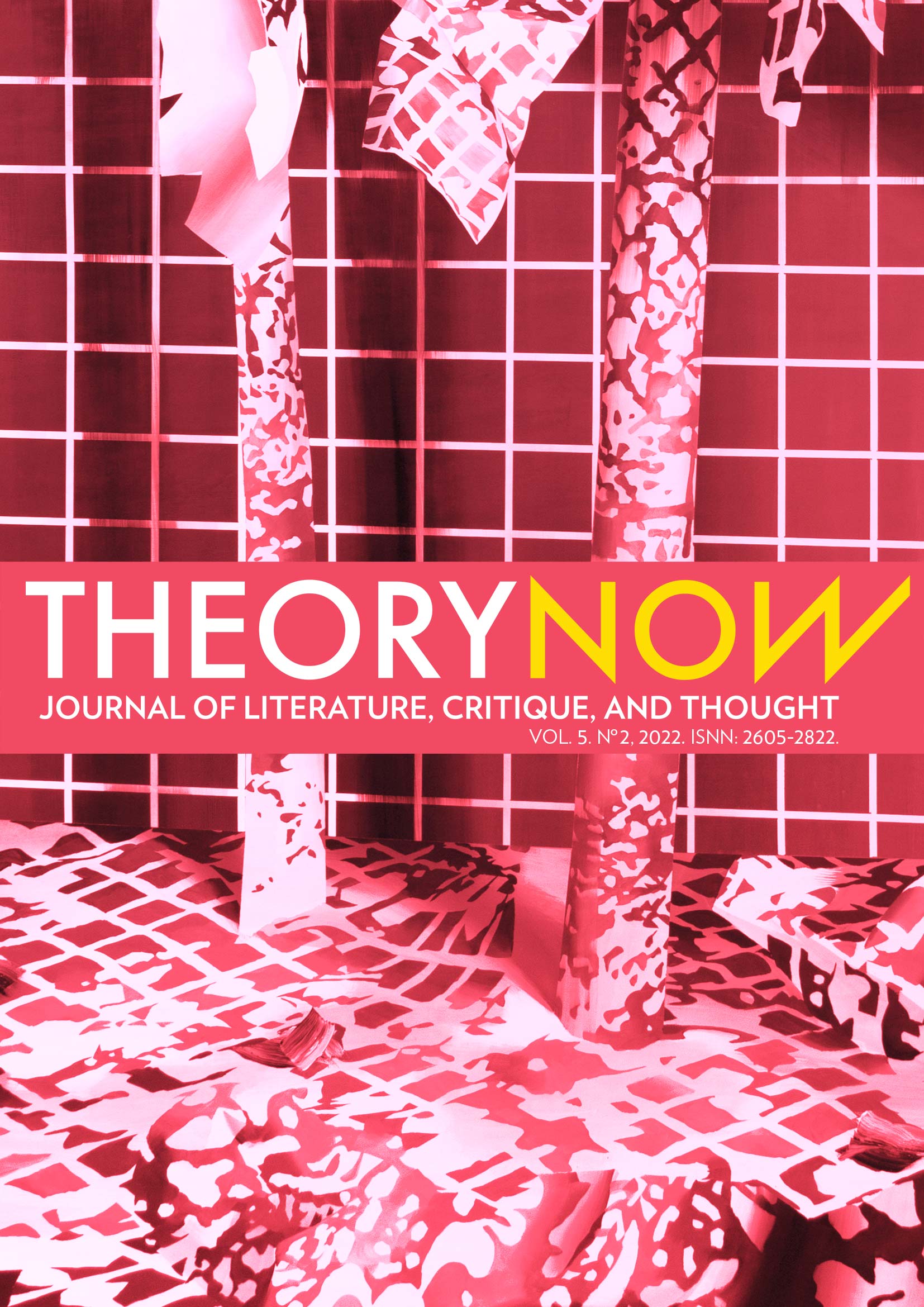Homenaje a William Hazlitt
DOI:
https://doi.org/10.30827/tn.v5i2.24498Palabras clave:
Hazlitt, Romanticismo, hombre de letras, empatía imaginativaResumen
Hazlitt fue un hombre de letras que desarrolló su carrera profesional a finales del siglo XVIII y principios del XIX, cuando la esfera pública era todavía fuerte. Los hombres de letras eran una especie de guías morales en épocas de profundos cambios culturales y turbulencias políticas; formaban la opinión pública hablando y escribiendo para una gran audiencia no especializada sobre una amplia gama de temas de interés público, como la estética, la ética, la política, la religión y la ciencia. El escenario se dividía entre conservadores y radicales y, debido a la relevancia política del debate y a la intensa rivalidad entre los contrincantes, se producía un violento intercambio de ideas. Hazlitt, uno de los más grandes estilistas de la lengua inglesa, no fue un observador indiferente, sino que se involucró en la defensa de su postura sin importar el precio, en una época en la que no solo las ideas sino también las cuestiones de estilo importaban políticamente. Radical durante toda su vida, combinó las ideas de la Ilustración y el Romanticismo para defender la igualdad, la libertad, la autonomía en el arte y en la vida y la empatía imaginativa.
Descargas
Citas
Cook, Jon. “A Chronology of William Hazlitt”. William Hazlitt: Selected Writings, Jon Cook (ed.), Oxford, Oxford University Press, 1991, pp. xliii-xlvii.
Hazlitt, William. “On Gusto”. 1816. William Hazlitt: Selected Writings, Jon Cook (ed.), Oxford, Oxford University Press, 1991, pp. 266-270.
____. Liber Amoris. 1823. Oxford, Woodstock Books, 1992.
____. “Mr. Wordsworth”. 1825. William Hazlitt: Selected Writings, Jon Cook (ed.), Oxford, Oxford University Press, 1991, pp. 347-358.
____. “Brumelliana”. 1828. William Hazlitt: Selected Writings. Jon Cook (ed.), Oxford, Oxford, Oxford University Press, 1991, pp. 158-62.
____. The Life of Napoleon Buonaparte. 1828-1830. 6 volumes. New York, Wiley and Putnam, 1847.
Wu, Duncan. William Hazlitt: The First Modern Man. Oxford, Oxford University Press, 2008.
Descargas
Publicado
Cómo citar
Número
Sección
Licencia
Theory Now Journal of Literature, Critique, and Thought es una publicación de acceso abierto e inmediato totalmente gratuita, tanto para lectorxs como para autorxs. Lxs autorxs no pagan ningún tipo de tasa por el proceso editorial de sus artículos. Permitimos la lectura, descarga, copia, distribución, impresión, búsqueda, enlace o reutilización con fines no comerciales de todos los trabajos publicados, siempre que se citen la autoría, la revista y el órgano editor. Todo material intelectual publicado en esta revista se encuentra protegido con una licencia de Creative Commons Reconocimiento-NoComercial .
Recomendamos encarecidamente la difusión de los artículos en redes sociales (Facebook, Twitter, LinkedIn, etc.) y científicas (ResearchGate, Academia.edu, etc.), repositorios institucionales universitarios y otros repositorios públicos, blogs y webs personales o institucionales, Google Scholar, ORCID, ResearchID, ScopusID, etc. En cualquier caso, la propiedad intelectual de los artículos y los posibles derechos económicos derivados de ellos son exclusivamente de sus autores.













